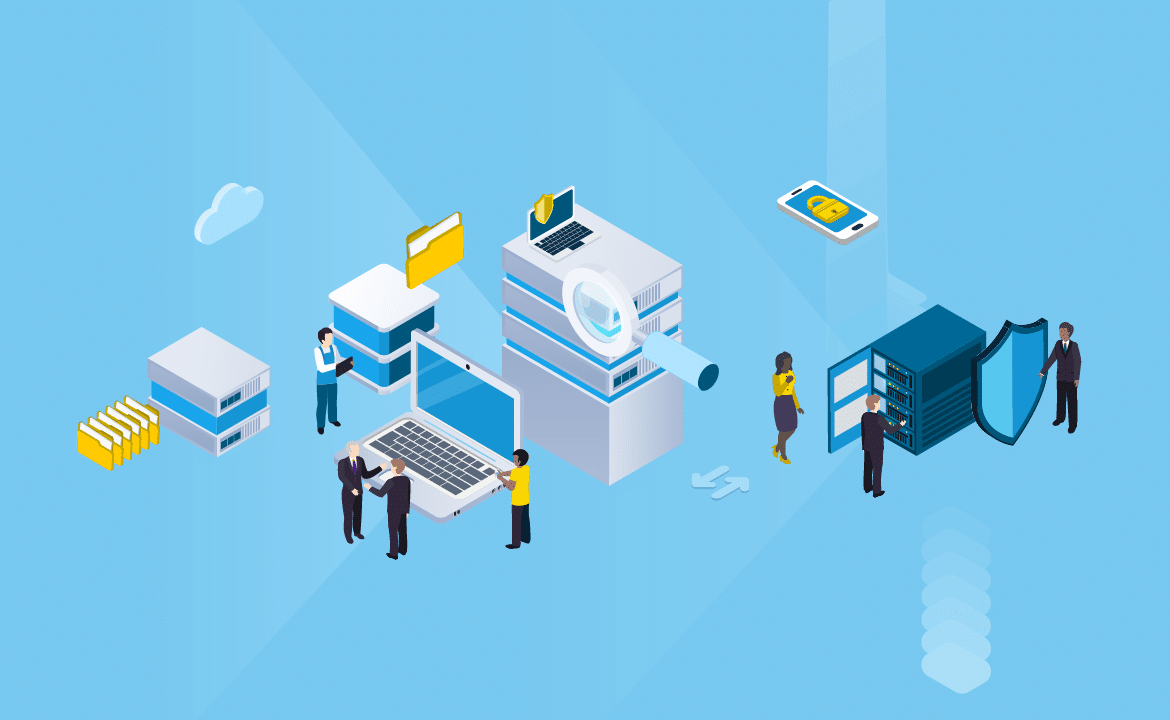The six main benefits of an effective data pipeline
When you think of the technology tools that power a successful business, a data pipeline isn’t always at the top of the list. Because, although most forward thinking companies now realise data is one of their most valuable assets, the importance of data engineering is often underestimated.
Yet modern data pipelines enable your business to quickly and efficiently unlock the data within your organisation. They allow you to extract information from its source, transform it into a usable form, and load it into your systems where you can use it to make insightful decisions. Do it well and you will benefit from faster innovation, higher quality (with improved reliability), reduced costs, and happy people. Do it badly, and you could lose a great deal of money, miss vital information or gain completely incorrect information.
In this article we look at how a successful data pipeline can help your organisation, as we attempt to unpack and understand the benefits of data pipelines.
About this series
This is part two in our six part series on the data pipeline, taken from our latest playbook. First we looked at the basics, in What is a data pipeline. Now we look at the six main benefits of an effective data pipeline. Before we get into the details, we just want to cover off what’s coming in the rest of the series. In part three we consider the ‘must have’ key principles of data pipeline projects, parts four and five cover the essential practices of a data pipeline. Finally, in part six we look at the many pitfalls you can encounter in a data pipeline project.
The benefits of a great data pipeline
Simply speaking, a data pipeline is a series of steps that move raw data from a source to a destination. In the context of business intelligence, a source could be a transactional database. The destination is where the data is analysed for business insights. In this journey from the source to the destination, transformation logic is applied to data to make it ready for analysis. There are many benefits to this process, here are our top six.
1 – Replicable patterns
Understanding data processing as a network of pipelines creates a way of thinking that sees individual pipes as examples of patterns in a wider architecture, which can be reused and repurposed for new data flows.
2 – Faster timeline for integrating new data sources
Having a shared understanding and tools for how data should flow through analytics systems makes it easier to plan for the ingestion of new data sources, and reduces the time and cost for their integration.
3 – Confidence in data quality
Thinking of your data flows as pipelines that need to be monitored and also be meaningful to end users, improves the quality of the data and reduces the likelihood of breaks in the pipeline going undetected.
4 – Confidence in the security of the pipeline
Security is built in from the first pipeline by having repeatable patterns and a shared understanding of tools and architectures. Good security practices can be readily reused for new dataflows or data sources.
5 – Incremental build
Thinking about your dataflows as pipelines enables you to grow your dataflows incrementally. By starting with a small manageable slice from a data source to a user, you can start early and gain value quickly.
6 – Flexibility and agility
Pipelines provide a framework where you can respond flexibly to changes in the sources or your data users’ needs.
Designing extensible, modular, reusable Data Pipelines is a larger topic and very relevant in Data Engineering. In the next blog post in this series, we will outline the principles of data pipelines. Until then, for more information on data pipelines in general, take a look at our Data Pipeline Playbook.
Contact us!
If you’d like us to share our experience of data pipelines with you, get in touch using the form below.

